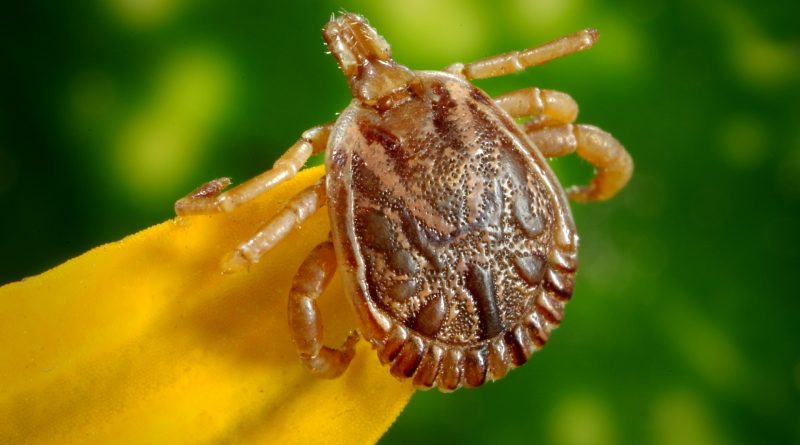Ehrlichiosis: The Tick-Borne Disease You Haven’t Heard About

Most pet owners know that ticks carry the bacteria that causes Lyme disease, but, sadly there is another tick-borne disease that is becoming increasingly common. Ehrlichiosis has been most commonly found in Missouri, Oklahoma, and Texas. Unfortunately, it is now becoming more common in the southeastern United States and southern California.
What is Ehrlichiosis?
Usually, a dog or cat with ehrlichiosis will develop a severe infection with an accompanying fever, lethargy, and loss of appetite. About 2-4 weeks after the infected tick bites the pet, thrombocytopenia (a condition where the animal doesn’t have enough platelets in its blood) will develop. This condition can lead to bruising and bleeding and slow clotting. Other complications like bone marrow suppression can appear anywhere from months to years after the bite. Weight loss, vomiting, diarrhea, and joint pain are also common.
How is Ehrlichiosis Spread?
There are three species of ticks that carry this debilitating disease, the brown dog tick, the American dog tick, and the lone star tick. Dogs and cats can become infected with Ehrlichiosis when bitten by an infected tick. The bit injects the bacteria deep into the animal’s blood. After that, the bacteria will enter the blood, multiply, and spread throughout the animal’s body.
How is it Treated?
The disease is sometimes hard to diagnose because the antibodies take time to develop. If your pet responds to antibiotic treatment, that’s a good sign that your vet is on the right track. Doxycycline or tetracycline will usually be prescribed to take out the bacteria, and additional blood transfusions and broad-spectrum antibiotics will often be needed as well.
Improvement is usually seen within 48 hours of the start of treatment. Even the most severe cases seem to respond well to the antibiotics. However, abnormal blood test results will probably continue for anywhere from three to six months. Your vet will do an additional blood test six months after treatment to ensure that the infection is gone.
Humans and Ehrlichiosis
Although an infected dog or cat cannot transmit this disease to their human companions, precautions should still be taken if there are infected ticks in your area and you are at risk of getting bitten yourself. Talk to your vet about a monthly tick control treatment for your pets. After being outdoors, check yourself, your kids, and your pets carefully for any sign of ticks. Keep your lawn cut short, your shrubs trimmed, and your leaves raked to discourage ticks from hanging out.













